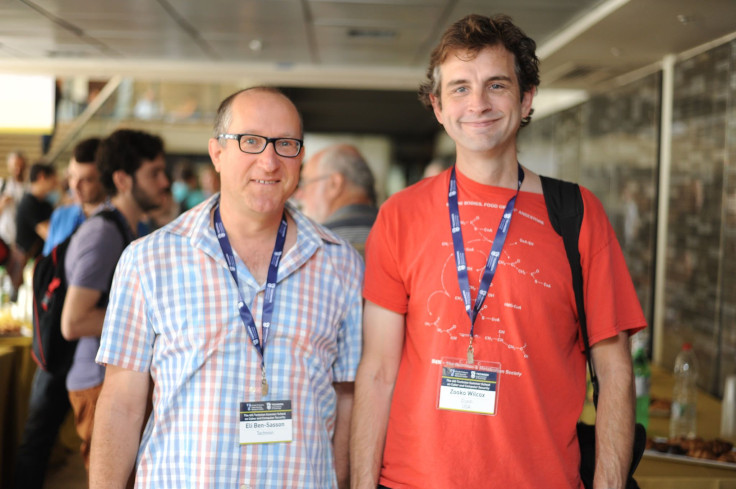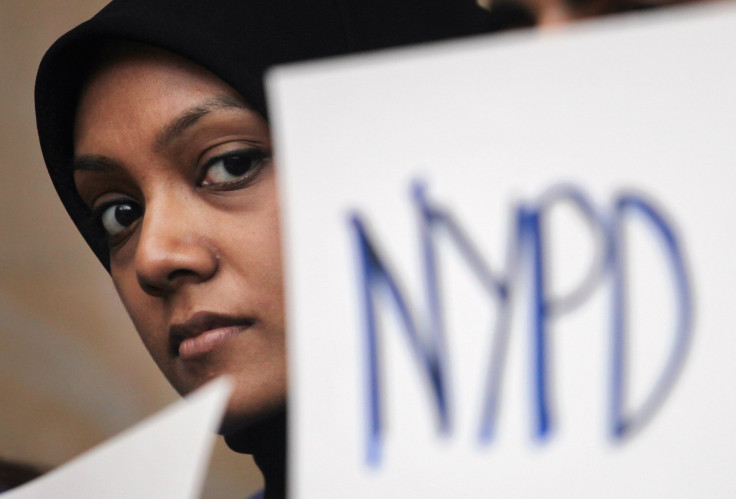Don’t Call Zcash A Privacy Coin, Cryptocurrency Founder Says
Law enforcement experts watch cryptocurrency markets with mounting trepidation. Jarek Jacubchek, a cybercrime analyst at the European police agency Europol, and detective Tim Court of London's Metropolitan Police, both told Business Insider they are concerned about the rise of “privacy coins” like zcash, monero and dash. Unlike bitcoin, which maps all transactions through a public record, these cryptocurrencies can be used for anonymous transactions. Imagine being able to swipe your credit card and push a button so that Visa records no longer revealed who made the payment, how much was paid or where precisely the money went. This option has real value.
According to OnChainFX, the price of zcash rose 16 percent over the past three months, landing around $409.95 by Tuesday morning. Bitcoin veterans, such as Scalar Capital co-founder Linda Xie and Grayscale Investments associate Matthew Beck, widely consider zcash to be one of the world’s most promising cryptocurrency experiments. The MIT Technology Review listed zcash’s privacy features as one of the top 10 “breakthrough technologies” of 2018. But zcash creator Zooko Wilcox, who is also CEO of the cryptocurrency’s namesake startup in Colorado, told International Business Times he hates it when people call zcash a privacy coin. What does that term even mean?

“It’s a mistake to think about privacy as a limitation, a specialization or a niche,” Wilcox said. “Privacy is necessary for business. Privacy is necessary for consumers... Privacy is actually necessary for decentralization.”
Decentralization is a salient topic for a cryptocurrency entrepreneur with both a grassroots community and traditional investors to answer to. Startups such as Ripple, and even nonprofits like the DASH Foundation, are often criticized for exerting too much control over their token ecosystems.
In contrast, the grassroots monero community deliberately circumnavigates institutional infrastructure. Yet monero still surged 55 percent over the past three months, according to OnChainFX, reaching roughly $298.84 per token by Tuesday morning. On the other hand, experimenting with a combination of governance structures helped both the dash and zcash communities prioritize uplifting use cases. For example, DASH contributed tokens worth $34,045 to Teachers for Liberty and Economic Freedom in Ghana, and $71,688 to a regional education initiative by the president of Africa Youth Peace Call.
Censorship resistant education is a global issue. The Israeli parliament is currently advancing a bill that could ban left-wing groups from engaging with schools, while simultaneously integrating content about “meaningful IDF [army] service” into the public curriculum. Meanwhile, the American Library Association's Office of Intellectual Freedom reportedly tallied efforts to ban 323 books from public schools in 2016, a list populated with titles about racism, independent women, gender and sexual health.
The same privacy features that worry law enforcement officers also make it difficult to find reliable data about how tokens like monero and zcash are actually used. Just because a few criminal cases involved cryptocurrency with privacy features, doesn’t make crime the primary use case. “What really motivates me is the vast potential of humans to help each other,” Wilcox said. “Donations to nonprofits, because donors like their privacy.” More than a dozen nonprofits, from the medical relief organization Donamed Venezuela to tech-savvy nonprofits such as the Internet Archive and Torservers.net, all accept zcash donations.
In Wilcox’s opinion, it is more accurate to describe cryptocurrencies like bitcoin as transparency coins. From this perspective, bitcoin’s transparency is a useful design feature. Anonymity is also a useful design feature, one that complements a wide variety of blockchain transactions. For example, the JPMorgan-backed blockchain platform Quorum offers zcash’s privacy features to enterprise users. Such transactions are already private in the traditional business world. The main difference is they can now move from the boardroom to the blockchain.

The term privacy coin often oversimplifies tokens that offer almost the same anonymity as paper bills. Zcash transactions can also include a line of text or a URL link, yet no one calls it a messenger coin. Wilcox doesn’t expect cryptocurrency to supplant cash in the near future. These tokens merely offer new options. For many people, such as students and Black Lives Matter activists, constant surveillance through records of digital transactions could jeopardize their safety. Privacy can be a security feature.
“Our vision is to deliver the benefits of an open financial system to everyone. So the role I see for zcash is providing a universally accessible, universally recognized, safe financial fabric,” Wilcox said. “There will be a very long stretch of decades of coexistence. But in the long run, the open and decentralized things will subsume the closed, centralized things, which are too vulnerable to corruption and exploitation.”
© Copyright IBTimes 2024. All rights reserved.






















